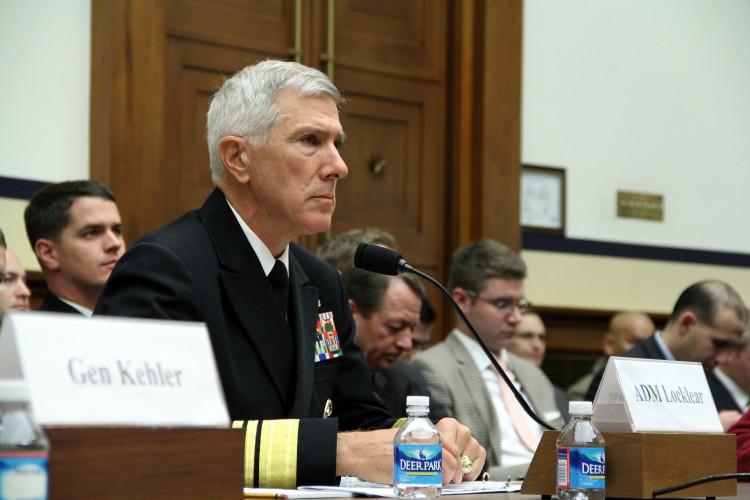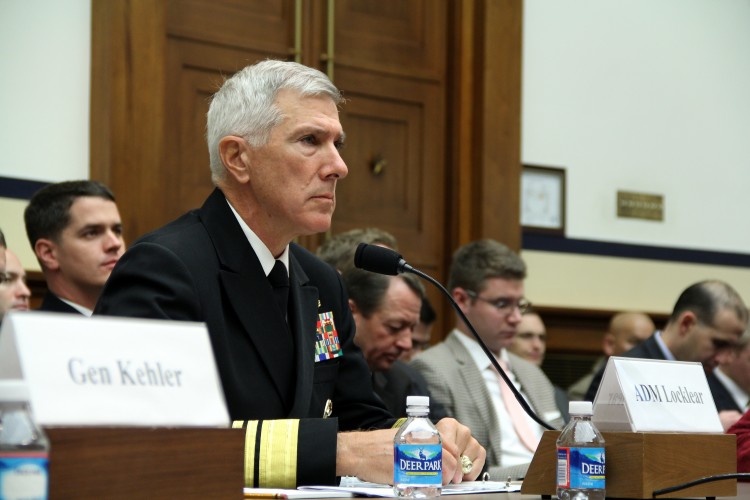WASHINGTON—The United States’ top commander in the Asia Pacific said that sequestration could ultimately undermine America’s “rebalancing strategy” in the Asia Pacific.
Admiral Samuel Locklear, commander of the U.S. Pacific Command (USPACOM), told the House Armed Services Committee on Capitol Hill Tuesday that the automatic budget cuts are already impacting and will build over time.
“The impact of sequestration has created significant budget uncertainty, limited our flexibility to manage, and has the potential to undermine our strategic rebalance momentum,” said Locklear.
In a significant foreign-policy shift, the Obama administration has embraced a “rebalance” from the Middle East to the Asia Pacific region. The shift, also described as an “Asia Pivot,” has received support from both the Democratic and Republican parties.
Based in Hawaii as head of USAPACOM, Locklear said that the Pacific Ocean is a massive area to cover, “the largest thing on the planet,” and along with the Indo-Asian region, it encompasses over one-half of the Earth’s surface and well over one-half of the Earth’s population.
Three of the world’s largest economies, the world’s largest navies, and five of the United States’ seven treaty allies reside in the region, according to Locklear.
Locklear noted that his staff is expected to actively engage with 35 countries, and yet sequestration has required him to cut back travel by 50 percent, reduce flight programs, and curtail the deployment of ships.
Right now, there is a ship sitting in a harbor in Hawaii, he said, adding, “[It] hasn’t been deployed because operating dollars are not available.”
Sequestration enacted Friday by order of President Barack Obama, puts into play $85 billion in across-the-board spending cuts. Defense is required to cut $46 million in military spending by Sept. 30.
Locklear said that the cuts will particularly effect civilian employees, who are taking increasingly important roles in the military including in defense, hospitals, and schools.
“I think, over time, in a low volunteer force, the line between our civil servants who serve in our Defense Department and our military have blurred to some degree,” he said. “And we rely very, very heavily on these civil servants to do the types of things that you might historically have considered as core military.”
Around 38,000 civilians are employed by the Department of Defense in the region, and over one-half will be required to take 22 unpaid days—roughly 20 percent less pay. Locklear said that, with a family of his own, he would have trouble surviving on that.
“The chances are many will not,” he added.
Sequestration will have long-term negative effects on the Indo-Asia Pacific region at a critical time of planning and engagement with allies in the region, Locklear told Congress.
“It will be like an avalanche; bad decisions we make today end up in three or four more down the road,” he said.
Specifically, it will reduce rotational forces, cut training programs, and diminish readiness as well as the ability to accomplish assigned missions.
“These funding cuts will challenge our ability to execute both discreet operations and the broader Indo-Asia Pacific rebalance strategy,” Locklear said.






